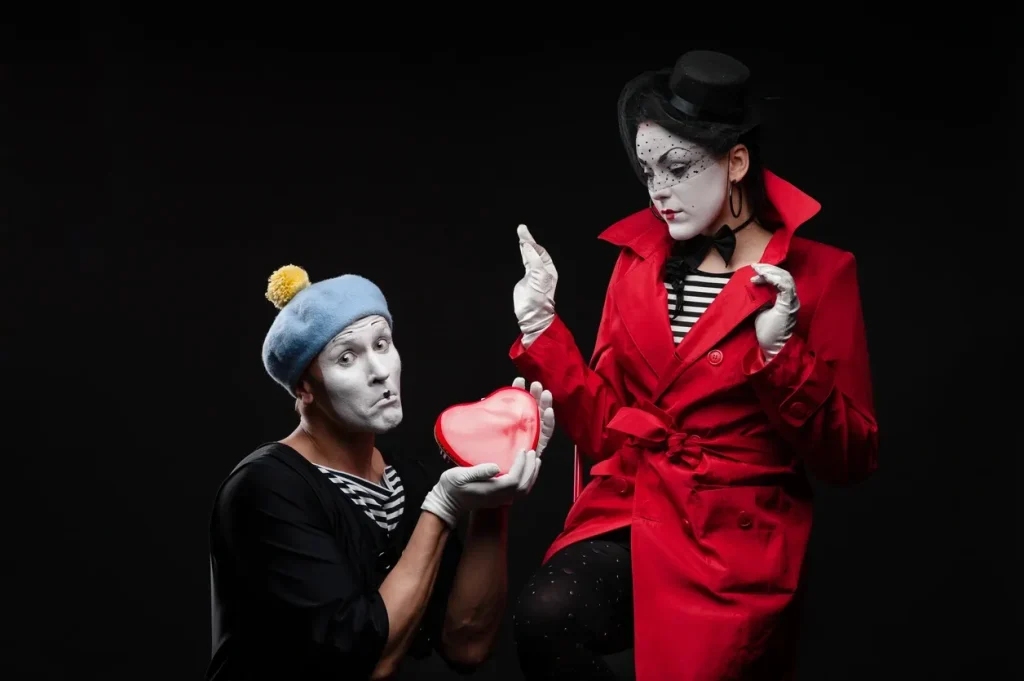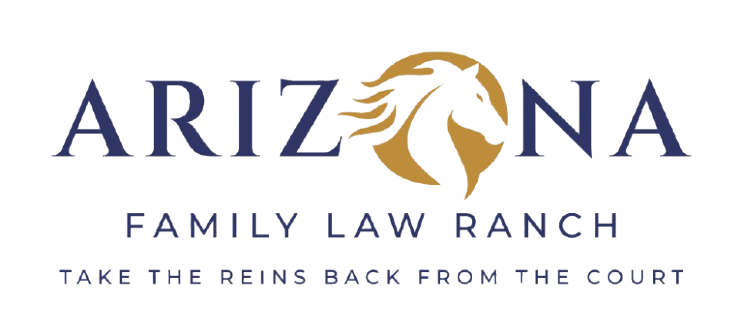DRAMA IS EVERYWHERE- HOW YOU RESPOND IS KEY

We all fall into it. Every single one of us. It doesn’t matter your profession – attorney, doctor, IT professional, sales, gas rig operator, or the owner of a successful franchise of boba tea cafes. When drama strikes, it can grab hold of the best of us.
In the legal world, we work very closely with our clients. It’s normal to engage in highly personal conversations, many of which require boundaries, brokering, and a clear understanding of the purpose of said interaction.
The Drama Triangle The drama triangle is a well-established phenomenon that can appear daily. The triangle has three orientations: the Victim, the Persecutor, and the Rescuer.
The victim is an orientation toward helplessness.
The persecutor observes injustice and reacts with anger. Persecutors are known to coerce, criticize, pressure, and attack.
The rescuer is out to save the day. Yet, they don’t feel the victim has any say in resolving the situation. Orientations vs. Identity
The three sides of the drama triangle do not represent who someone is. Instead, they are mindsets. How we approach a problem is entirely up to us, and whatever orientation (victim, persecutor, or rescuer) you apply today is not set in stone for tomorrow. For example, a victim of domestic violence could easily assume the victim’s orientation, or they could take on a direction characterized by empowerment, determined to be proactive, and take charge of the terrible situation that was bestowed upon them. The positive takeaway is that you can choose your orientation.
The Empowerment Dynamic
The Empowerment Dynamic is essentially the Drama Triangle flipped upside down. When you fall into a victim orientation or see someone else (a client, family member, friend, or colleague), you can encourage this person to become a “creator.” Victims become creators when they shift their powerlessness to resolving the major issues they are facing. This is a move toward resolution and away from freezing up. In the Empowerment Dynamic, the rescuer becomes the coach, helping someone to resolve their issue on their own, akin to the “teach a man how to fish, and he eats forever” concept. Finally, the persecutor becomes a challenger. They find ways to channel frustration constructively rather than simply lashing out.
Turn this drama triangle upside down next time you naturally find yourself, a loved one, or a client falling into the same three toxic orientations. This places everyone on a path to empowerment and freedom.
Categories
Abuse
Custody
Divorce
Domestic Violance
Family Law
Orders Of Protection


